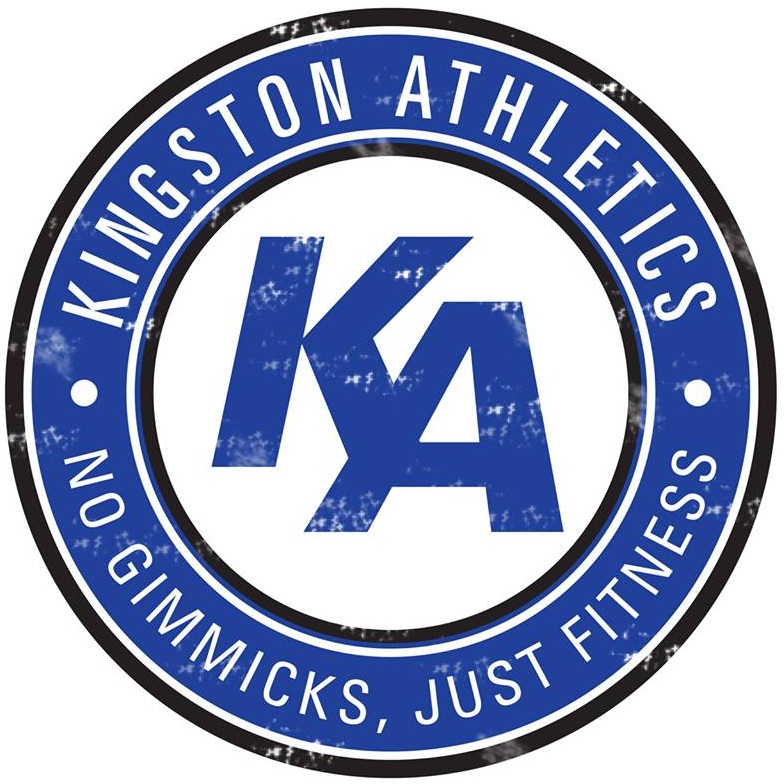Understanding the Impact of Sleep on Physical Performance
Have you ever tried to run a marathon while wearing lead boots? No? Well, that's probably a good thing because that's what trying to perform physically with a sleep deficit feels like. Even if you haven't literally laced up a pair of lead boots, you've probably experienced that sluggish, lethargic feeling when you hit the gym after a bad night’s sleep. In the mystical realm of the Sandman, where dreams are directors and pajamas are the preferred attire, rest is the magic potion that turbocharges our physical prowess in the waking world.
The Sleep Deprivation Dilemma
Think of your body like a sports car. It's sleek, powerful, and built for performance. But what happens if you forget to refuel? Just like a car running on empty, your body sputters and stalls without proper rest. Sleep deprivation is the equivalent of running on fumes.
A legion of bleary-eyed scientists have labored in labs (coffee in hand) to show us just how vital sleep is. One study in the Journal of Clinical Sleep Medicine found that without adequate sleep, athletes' performances significantly decrease. Specifically, their speed, accuracy, and reaction times take a nosedive. That's right! Skimping on shuteye is like sabotaging your own sprint. Don’t be your own banana peel on the race track of peak performance!
Your Muscles Dream, Too
As if struggling through a lackluster workout wasn’t bad enough, there's another, sneakier side effect of sleep deprivation: it's an undercover menace to muscle recovery and growth.
Ever heard of Human Growth Hormone (HGH)? It's like the Hulk of hormones – it helps our muscles repair, rebuild, and beef up after a workout. And when does this super hormone decide to clock in and get to work? While we're sleeping, that’s when! It's a silent, nightly muscle fiesta, and each hour of missed sleep is an RSVP saying, "No thanks, I'll pass on the extra gains."
Our bodies also do an important clean-up job during sleep. It’s like our own personal maintenance crew tidying up after the party. They remove metabolic waste products that accumulate in our muscles during a workout, such as lactic acid and carbon dioxide. Less sleep means less clean-up, and more metabolic waste leads to increased muscle fatigue and prolonged recovery time. Sleep deprivation, in essence, is the double-crossing villain in the blockbuster movie of our athletic lives!
A Game Plan for Better Sleep
So, how do you ensure you're getting enough quality sleep? First, make it a non-negotiable priority. Your bed should be your personal red carpet, and you're the star. Create a pre-sleep routine and stick to it. This could include anything from reading a book to meditating or taking a warm bath.
If you're a night owl who loves the allure of late-night infomercials or the thrill of midnight gaming, consider this: A little sacrifice in the name of rest will pay dividends in your physical performance. Even the owl rests its wings to fly more effectively during its nighttime hunts!
Recap and Sweet Dreams
In the grand stadium of life, sleep is not just the half-time break. It's the coach, the locker room pep-talk, and the MVP. From enhancing performance to boosting recovery, it's clear that good sleep is one of the best performance enhancers out there.
So, before you spring for that next high-tech workout gadget or fancy protein powder, maybe invest in some high-quality pillows or blackout curtains. After all, your dreams (both the sleeping and waking kind) may depend on it.
